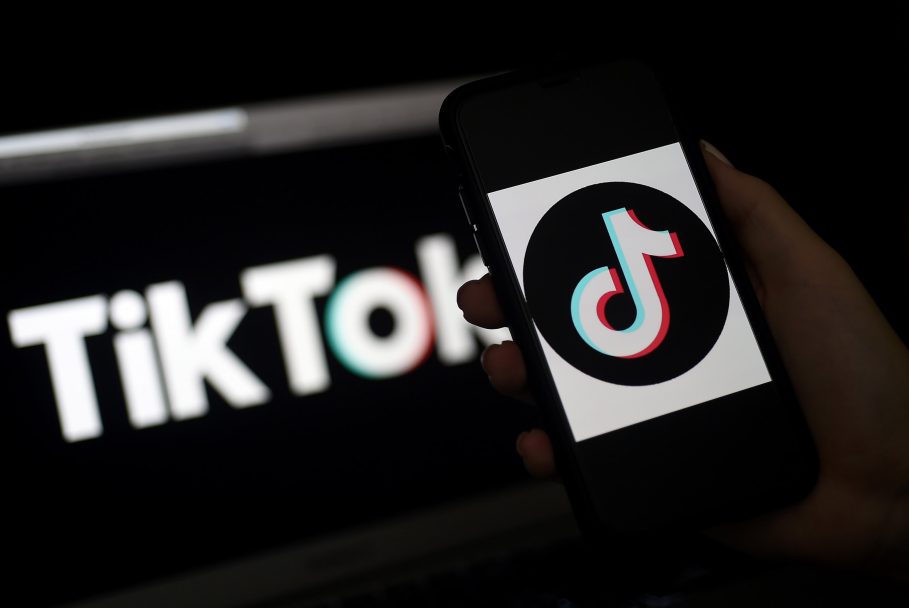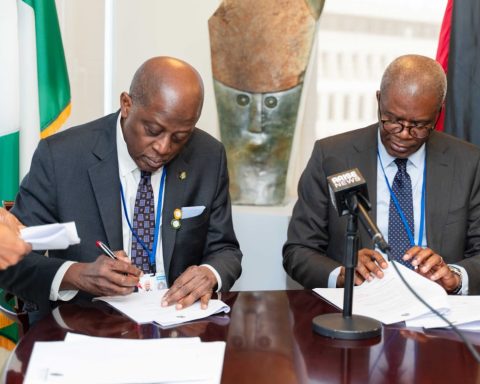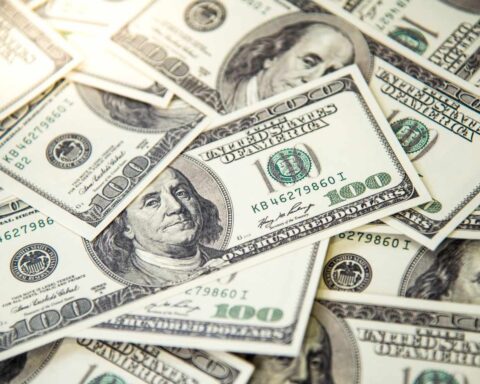Blessed with one of the most coveted resources on the planet, crude oil, Nigeria should be swimming in wealth. However, the reality on the ground paints a different picture, where the nation’s crude oil resources seem more of a burden than a blessing. The fuel that powers economies worldwide runs deep beneath Nigeria’s soil, yet the country remains shackled to global markets, importing refined petroleum like a beggar at the feast of prosperity.
“How did we get here?” is a question many Nigerians are asking. In a land where oil should be a source of pride, Nigerians struggle with sky-high petrol prices while the country’s four refineries remain dormant. The question lingers: why can a nation so rich in crude oil not refine enough of it to meet its own needs?
Join our WhatsApp ChannelThe Tragic Tale of Nigeria’s Refineries
There was a time when Nigeria’s refineries symbolised the nation’s self-reliance. They were meant to ensure that the country would never have to depend on others for refined petroleum products. Yet, decades have passed, and these once-great giants are now abandoned, their potential rusting away.
Successive governments, from Obasanjo to Buhari, have made promises to revive the refineries. Each administration has poured billions into the supposed maintenance of these plants, yet the refineries remain idle. The public is left with the dust of broken promises, a cycle of mismanagement, and the grip of corruption, which has siphoned the nation’s potential.
“Every administration comes in with big promises, but in the end, we are left with nothing,” says Mary Ade, a fuel station worker in Lagos. “It’s like our leaders have forgotten what they are supposed to do.”
The reasons for these failures are not far-fetched. Corruption continues to eat away at Nigeria’s potential, leaving the nation in a perpetual state of dependence on imported fuel. Instead of refining its own crude oil, Nigeria is forced to buy refined products from other countries, often at a premium.
The End of Fuel Subsidy: A Painful Reality
Recently, the Bola Tinubu administration took a bold step: removing the fuel subsidy that had long shielded Nigerians from the real cost of petrol. This move, while economically necessary, was a bitter pill for many. For years, the subsidy kept fuel prices artificially low, draining Nigeria’s foreign reserves in the process. But removing it exposed the raw realities of the nation’s mismanagement.
“The subsidy was like a bandage over a wound,” says financial analyst Tunde Adebayo. “It covered the problem but didn’t heal it. Now that it’s been removed, the real issue is laid bare.”
Almost overnight, petrol prices surged, causing ripple effects throughout the economy. Transportation costs skyrocketed, businesses that rely on fuel saw their operating expenses soar, and the everyday Nigerian bore the brunt of this policy change.
In the words of Chinedu, a bus driver in Lagos: “Everything has become so expensive. The cost of transportation has tripled, and passengers are suffering. We are all suffering.”
The decision to remove the subsidy was undoubtedly aimed at stabilising Nigeria’s foreign reserves and stopping the economic bleeding. However, the human cost is undeniable. People are grappling with inflation, rising fuel prices, and the economic uncertainty that has followed. While this may have been a necessary step, many are left wondering whether this pain will eventually lead to a cure or if it will only deepen the nation’s wounds.
The Dangote Refinery: A Beacon of Hope?
In the midst of this storm, the Dangote Refinery stands as a potential saviour. This massive private project promises to meet Nigeria’s demand for refined petroleum products, offering hope that the nation might finally wean itself off its dependency on imports.
READ ALSO: Dangote Refinery To Begin Crude Oil Production By End Of 2024, Seeks Local Oil Supply Solutions
Aliko Dangote, Africa’s richest man, has been hailed as a game-changer for Nigeria’s energy sector. His refinery, the largest in Africa, could help turn the tide for the country’s economy. “This refinery is a ray of hope,” says industry expert Adeola Olagunju. “It could finally give Nigeria control over its crude oil destiny.”
However, even this project has faced its challenges. The refinery has been embroiled in disputes with the Nigerian National Petroleum Company Limited (NNPCL), leading to delays in its operations. The NNPC insists on following due process, while the refinery’s management has accused the company of underhanded dealings.
The friction between these two giants leaves Nigerians in limbo once again. Will this refinery truly deliver on its promises? Recent developments suggest that there may be a breakthrough, with the NNPC agreeing to sell crude oil to the refinery in Naira rather than foreign currencies. Even with the roll out of Fuel by the Dangote Refinery, the people are forced to buy a litre for over a thousand Naira, bringing the question of “what is the usefulness of the Dangote Refinery in the first place?”
Crude Oil: A Curse in Disguise?
As Nigeria continues to grapple with its energy crisis, a philosophical question emerges: is crude oil truly a blessing or a curse? Oil has the power to sustain economies, but in Nigeria’s case, it seems to have brought more problems than solutions. Like the biblical manna from heaven, oil could nourish the nation, but instead, mismanagement and corruption have caused it to slip through Nigeria’s fingers.
“There’s no reason why we should be in this position,” laments activist Amina Lawal. “We have the resources, the talent, and the drive. What we need is leadership that will prioritise the people over personal gain.”
Nigeria’s future hinges on its ability to manage its resources effectively. While the Dangote Refinery offers hope, the long-term solution lies in a broader strategy. The government must revitalize its national refineries, root out corruption, and invest in renewable energy sources like solar and wind.
Countries like Saudi Arabia and Qatar have successfully leveraged their oil wealth, not just by refining their crude but by investing in alternative energy sources. Nigeria, too, must look beyond crude oil. The world is transitioning to renewable energy, and Nigeria risks being left behind if it fails to adapt.
The Road Ahead: Beyond Oil
Crude oil may be a significant part of Nigeria’s economy today, but it is not an inexhaustible resource. As the world shifts toward clean energy, Nigeria must also embrace the future. The Tinubu administration has an opportunity to lay the groundwork for a more sustainable energy sector.
The way forward is clear: fix the broken refineries, build new ones, and invest in renewable energy. Nigeria is rich in natural resources beyond oil, with abundant sunlight and wind that could power the nation for generations to come.
Nigeria’s crude oil is both a blessing and a curse. It has the potential to propel the country to prosperity, but only if it is managed wisely. The time for empty promises is over. Nigerians are ready for action, and the world is watching.
Emmanuel Ochayi is a journalist. He is a graduate of the University of Lagos, School of first choice and the nations pride. Emmanuel is keen on exploring writing angles in different areas, including Business, climate change, politics, Education, and others.
















